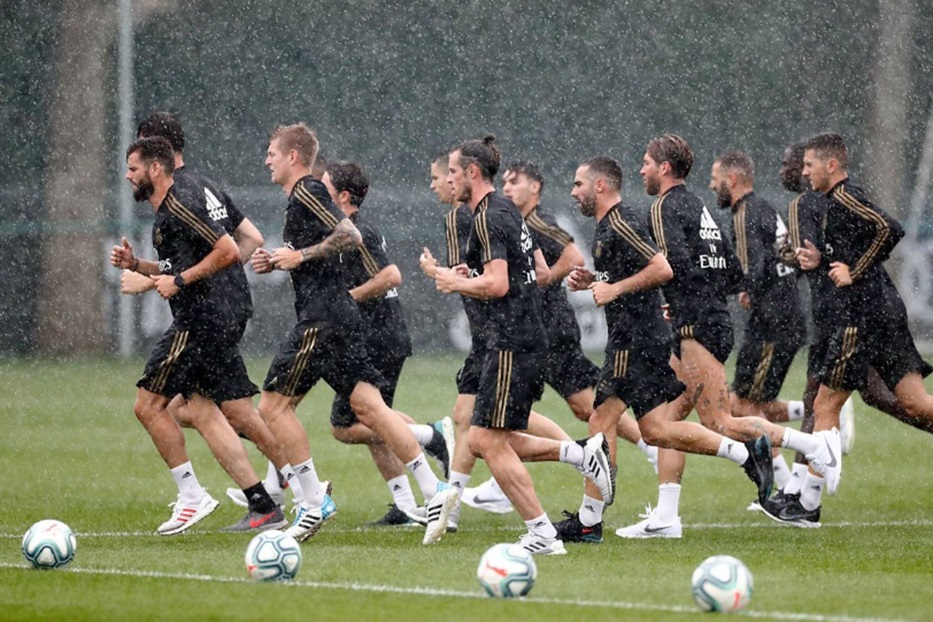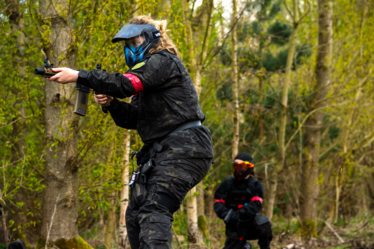
Any soccer team worth its salt requires a well-thought-out strategy to outmanoeuvre opponents, and professional soccer training is the solution. After all, soccer, often referred to as the beautiful game, transcends mere running and ball-chasing.
It’s a sport of strategy, finesse, and precision. Players who grasp the broader strategy adapt better to diverse game situations and opponents.
The Importance of Strategic Training
Imagine the final moments of a crucial match, tied with the opponent. Pressure mounts and every decision weighs heavily. This is where strategic training shines, preparing players to make precise choices under pressure. Strategic training is more than flashy plays and tactics; it’s about elevating decision-making, teamwork, and overall performance.
Analyzing the Team’s Strengths and Weaknesses
Picture a general marching into battle without understanding their army’s strengths and weaknesses—a recipe for disaster. Similarly, in soccer, a thorough team assessment is vital. Knowing strengths allows you to leverage them while recognizing weaknesses fuels improvement.
It’s akin to walking a tightrope, finding balance to attain peak performance.
Tactical Approaches in Training
Strategic training involves tactical approaches integrated into training sessions. These tactics encompass possession-based play, high-pressing systems, and counter-attacking strategies. The question is, how do we teach these tactics effectively?
Think of training as a soccer laboratory. Strategies are dissected into digestible components and practised through drills and exercises. To master possession play, focus on passing and ball retention. For the high-pressing system, practice pressing opponents high up the field. To excel at counter-attacking, train players in swift transitions from defence to attack.
Team Communication and Coordination
In soccer, communication serves as a secret language among players. Effective communication and coordination are pivotal for executing strategies successfully. Without them, even the most meticulous plans may crumble.
Enhance team communication with exercises that necessitate player interaction. Encourage clear, concise language on the field. Remember, a well-communicating team tends to be a winning team.
Individual Skill Development within a Strategic Framework
Individual skills form the bedrock of a successful team. Each player must refine their abilities to align with the team’s overall strategy. For example, if the strategy revolves around quick wing play, wingers should work on dribbling, crossing, and speed.
Incorporate skill development exercises into training sessions. These can range from basic dribbling drills to simulating game scenarios. The goal is to ensure that individual skills harmonize with the team’s strategic objectives.
Analysis of Game Situations and Opponents
Analyzing game situations and opponents empowers teams to make informed strategic decisions. It’s akin to studying an opponent’s playbook before a crucial match.
To assess opponents, scrutinize their past matches, identify strengths and weaknesses, and tailor training accordingly. For instance, if facing a team with a robust defence, focus training on breaching their lines effectively.
Periodization and Long-Term Planning
Soccer isn’t a sprint; it’s a marathon. Periodization, a concept involving breaking a season into phases, each with a specific training focus, is akin to a roadmap for long-term success.
Long-term planning is equally essential. Establish clear season goals, track progress, and remain flexible to adjust strategies when necessary. Remember, even the most meticulously laid plans may encounter unexpected obstacles.
Mental Preparation and Game Intelligence
In the heat of the game, a player’s mental state can be their greatest asset or liability. Mental preparation and game intelligence play a pivotal role in executing strategic plans on the field.
Incorporate mental training exercises into your regimen, such as visualization, mindfulness techniques, and stress management. Additionally, improve decision-making skills during training by creating scenarios that mimic real-game situations. This way, when the pressure mounts, players make the right choices instinctively.
Conclusion
A strategic approach serves as the bedrock of success in professional soccer training. It’s not just about scoring goals, but about thinking, planning, and executing strategies that give your team the upper hand. Whether you’re a coach or a player, embracing strategic training can be the key to gaining a competitive edge on the field.



